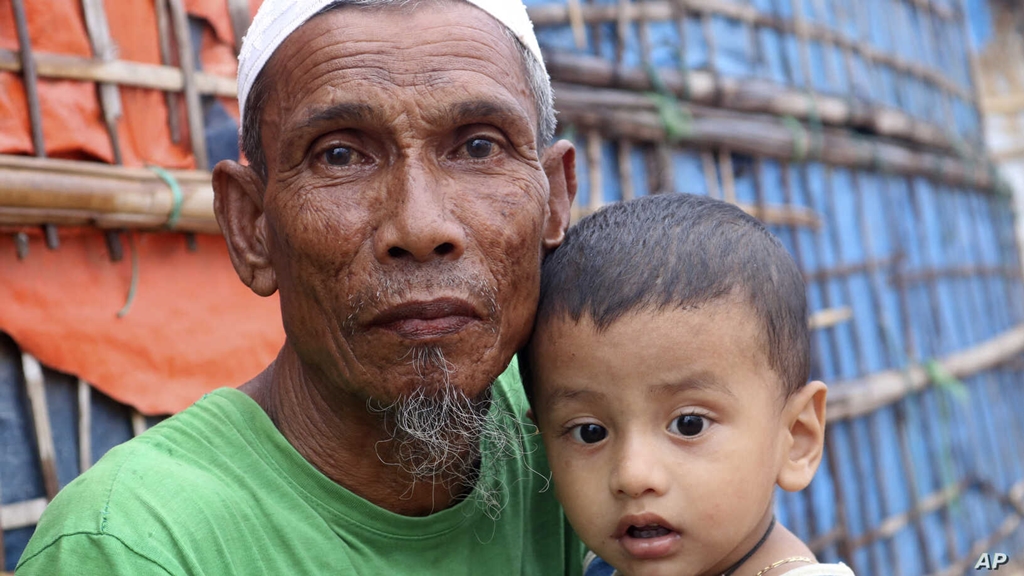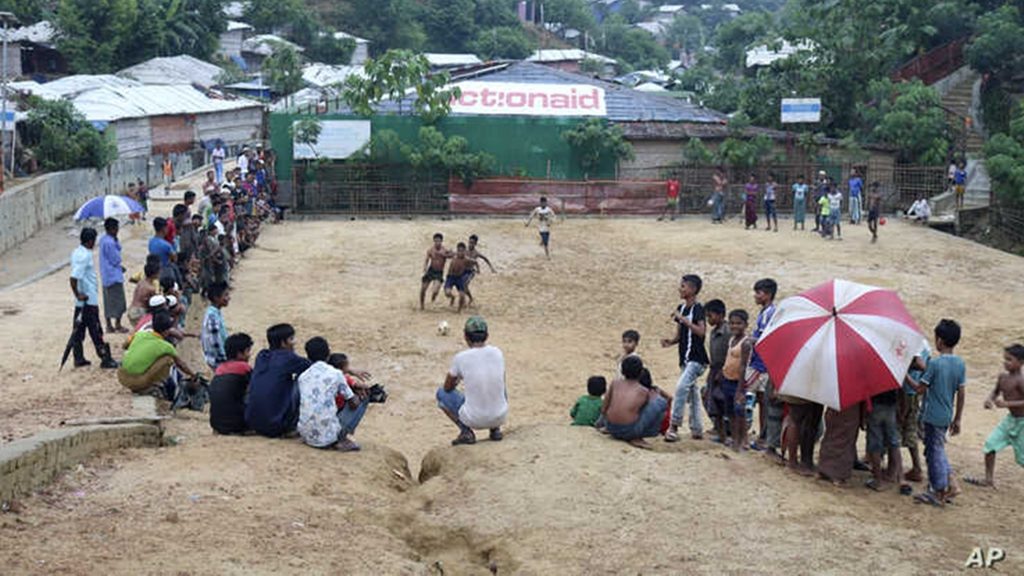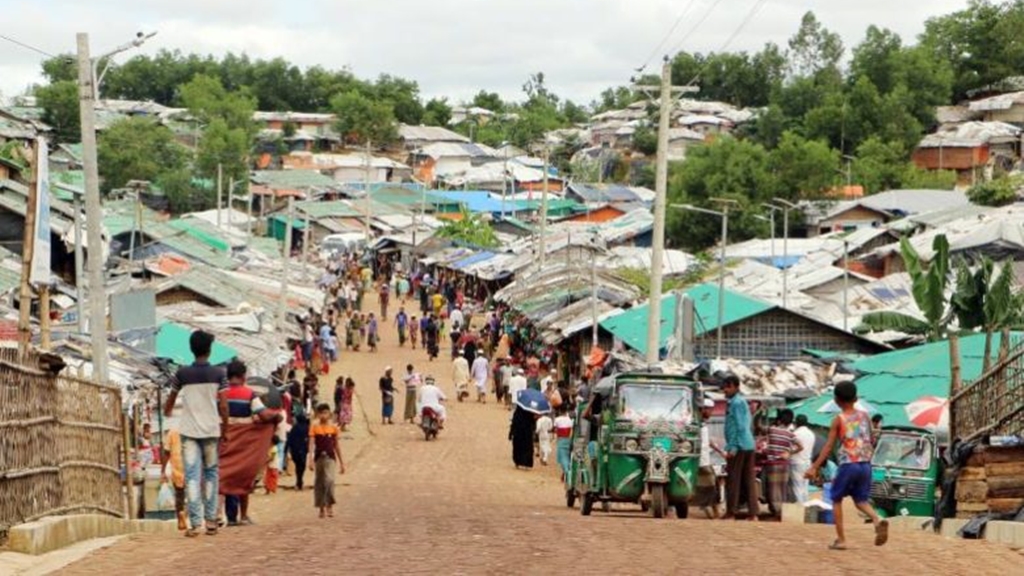
Myanmar Avoids Helping Rohingya Minority Despite International Court Order, Observers say
- 06/06/2020
- 0
TAIPEI, TAIWAN – Myanmar has sidelined an international court order to improve conditions for its long-embattled Rohingya minority, despite fears that the Southeast Asian government is trying to commit genocide against the group, observers say.
The U.N.’s International Court of Justice in January ordered Myanmar to “take all measures within its power” to prevent any acts of genocide against ethnic Rohingya Muslims, who fled the country amid a bloody military crackdown in 2017. The ICJ ordered Myanmar to submit a report within four months on what actions it is taking to comply with the court’s decision, and to submit follow-up reports every six months after that.
The court last month accepted the first of the required reports, but its contents have not been released.
Nevertheless, observers contacted say there has been little change.
“The situation to me seems like it’s more of the same,” said Thitinan Pongsudhirak, political science professor at Chulalongkorn University in Bangkok. “There has not been any major deterioration, but also no major new measures.”
The COVID-19 pandemic prompted Myanmar to control people’s movement in Rakhine state in western Myanmar where about 400,000 Rohingya live, Thitinan said. Legislative elections set for November will embolden the government to stiffen its stance toward the Rohingya, he added. Voters of other groups see the Muslim minority as uninvited people allowed in during British colonial rule over Myanmar.

“The Rohingya is a very paradoxical issue,” Thitinan said. “To the outside world, there’s a lot of sympathy and outcry. Within Myanmar, it’s the opposite.”
The Rohingya crisis has tarnished the international reputation of Myanmar’s de facto head of state, former opposition leader Aung San Suu Kyi.
Myanmar has targeted the Rohingya in a “systematic” way, a court news release said. “Genocidal acts” including mass murder, rape and setting fires were intended to wipe out the group, the release said. It pointed to an increase in those acts starting from August 2017.
Rohingya who have fled to camps in Bangladesh face more violence as well as human trafficking.
Those in Myanmar want normal access to hospitals and schools plus freedom of movement, said Tun Khin, president of the advocacy group Burmese Rohingya Organization UK. The government has done nothing on these issues for the past four months, he said.
“If Myanmar complies with the provisional ruling, it will have to change the laws and policies that are part of the genocide against us,” Tun Khin said.
The report filed last month probably contains “details” on what the government has done so far to address the court’s recommendations, said Moe Thuzar, co-coordinator of the Myanmar Studies Program at the ISEAS-Yusof Ishak Institute in Singapore.
Myanmar acknowledges that human rights problems should be addressed, said Priscilla Clapp, former permanent charge d’affaires at the U.S. Embassy in Myanmar. The government is trying to educate Rohingya at satellite university campuses already, she said.
Suu Kyi, who’s officially Myanmar’s state counselor, told the court in December no genocide had taken place.
But a separate conflict between Myanmar’s armed forces and the Arakan Army rebel group is diverting government attention away from any more help it might offer the Rohingya, Clapp said. That war, she said, has killed numerous people and displaced “hundreds of hundreds.” The Arakan Army is unrelated to the Rohingya, but they’re fighting nearby.
“The problem now is that [any protection effort for the Rohingya] probably isn’t going to cut any ice because the whole thing has had to close down in Rakhine due the fighting with the Arakan Army and it’s a very, very nasty war,” Clapp said.
Myanmar’s report filed last month probably amounts to “one step in a very long process,” she said. The case is set to last at least until July of next year.






